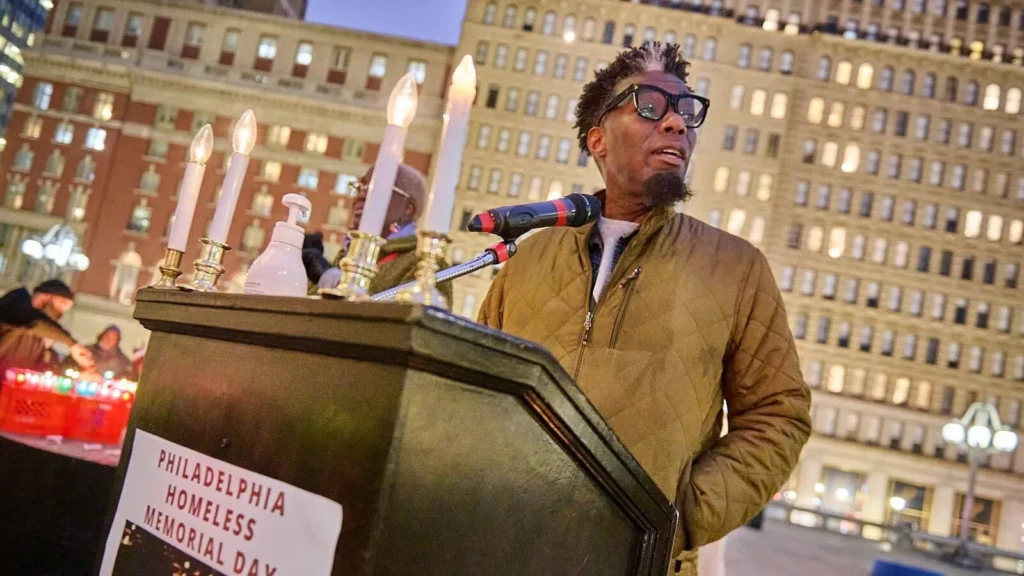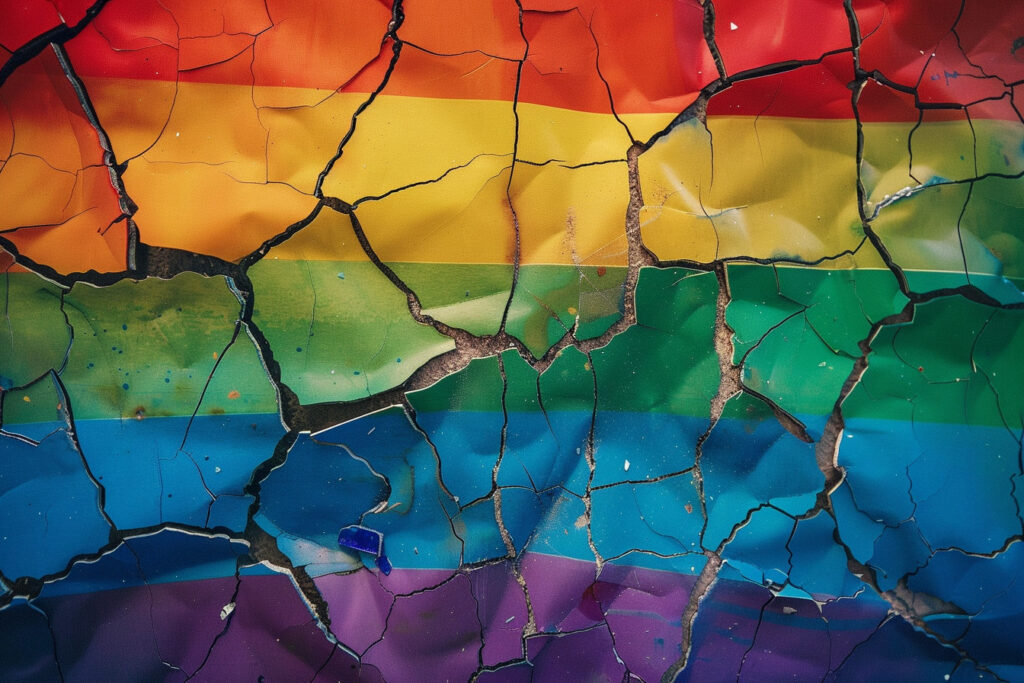If you are not angered and outraged after viewing Valentine Road, Martha Cunningham’s deeply disturbing documentary about the murder of young gender-queer teen Lawrence “Larry” King by his classmate Brandon McInerney, you ought to check your pulse. The film, which plays at this week’s QFest, criticizes several American institutions (education, criminal justice, child welfare), while casting a clear sense that homophobia and transphobia are still rampantly used as justification for the unthinkable.
The film documents the events both before and after the 2008 murder of Larry, shot at point blank range, by Brandon at their school’s computer lab while class was in session. Brandon’s motivation? Larry, who recently began wearing make-up and girl’s clothing to school, was dared by his classmates to ask Brandon to be his Valentine. This, along with speculation that Brandon was dabbling with “White Power” ideology (Larry was half-black), leads to Brandon’s act and Larry’s death.
Despite the clear homophobia which lead to the murder, the most disconcerting elements of the film are that homophobia and transphobia are used by adults, in many cases those in the academic and criminal justice fields, as justification for Brandon’s actions. Numerous interviews with former teachers, members of the “hung jury” during Brandon’s first trial, and lawyers suggest that, had Larry refrained from being his authentic self, Brandon would have never killed him.
The dreadful upbringings of both Larry and Brandon are explored, horrible childhoods filled with both physical and mental abuse and emotional neglect. Indeed, both boys were literally crying out for help, only to be ignored by both the education system and child welfare agencies. Other teens from the Oxnard, California school are interviewed, including several local gay students, who discuss the closed mindedness of the community and the horrors of losing Larry’s bright spirit.
One of Brandon’s defense attorneys, Robyn Bramson, a young lawyer with a poorly dyed red pixie haircut, gets a “Save Brandon” tattoo across her wrist. She exposes it to the camera while crying, saying that she “loves” Brandon and that he should have never been tried as an adult. This is juxtaposed by several interviews of Larry’s classroom teacher, Dawn Boldrin, who witnessed the shooting first-hand. She gave Larry his first dress, a hand-me-down from her daughter. Boldrin confesses that she attempted suicide, twice, due to horrible post-traumatic stress from observing the murder. As the film comes to an end, the audience is left feeling like justice was not served: not for Larry, not for Brandon (although he only received 21 years behind bars), and not for the community.
Empower Philadelphia: The Michael Hinson Mission Grants
Philly Black Pride introduces the Michael Hinson Mission Grants to honor Michael S. Hinson Jr.’s legacy, supporting Black LGBTQ+ individuals in academic and community initiatives. Apply now!






